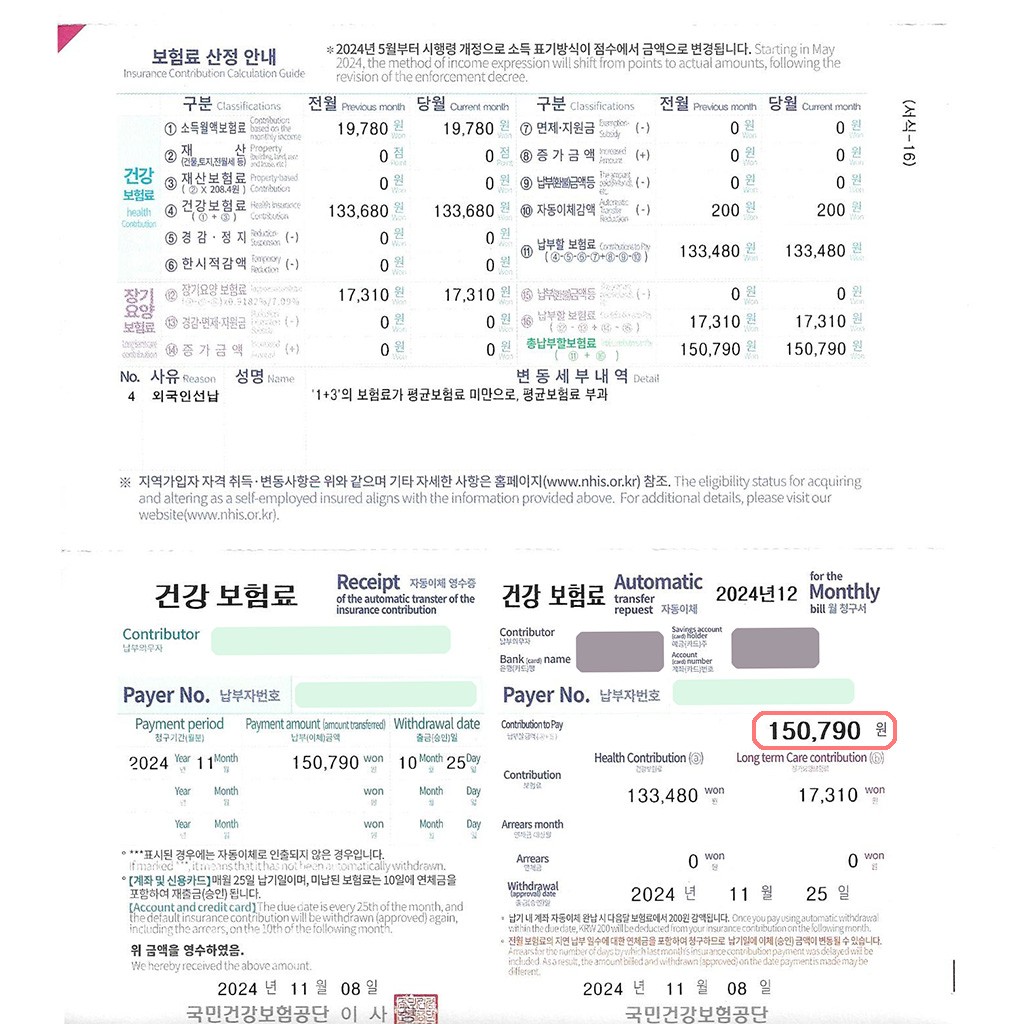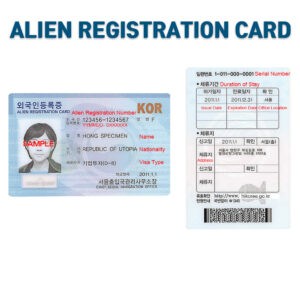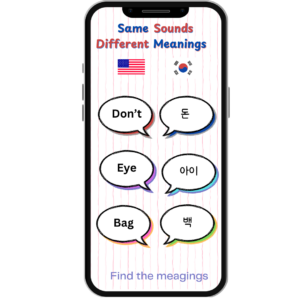Korean Health Insurance, known as the National Health Insurance Service (NHIS), offers comprehensive medical coverage to both citizens and foreigners. As an American in Korea, navigating this system might feel overwhelming at first, but understanding its structure can help you take full advantage of its benefits.
Korean Health Insurance, known as the National Health Insurance Service (NHIS), offers comprehensive medical coverage to both citizens and foreigners. As an American in Korea, navigating this system might feel overwhelming at first, but understanding its structure can help you take full advantage of its benefits.
Korean Health Insurance, known as the National Health Insurance Service (NHIS), offers comprehensive medical coverage to both citizens and foreigners. As an American in Korea, navigating this system might feel overwhelming at first, but understanding its structure can help you take full advantage of its benefits.
Who Needs Korean Health Insurance?
In Korea, all residents staying for more than six months must enroll in the NHIS. If you’re working for a Korean company, your employer will typically handle registration and deduct your insurance contributions directly from your salary. However, self-employed individuals, students, and unemployed residents need to register themselves and pay premiums based on their income or assets.
What Does Korean Health Insurance Cover?
The NHIS provides extensive coverage, including doctor visits, hospital stays, surgeries, prescriptions, and even Korean traditional medicine like acupuncture. Dental care, vision services, and vaccinations are partially covered, though there may be some out-of-pocket costs. Mental health services are also included but might have limited English-speaking providers.
For Americans used to private insurance, it’s reassuring to know that the NHIS typically covers pre-existing conditions. However, certain treatments, like cosmetic surgery, are not covered unless deemed medically necessary.
How Much Does It Cost?
One of the key advantages of the Korean system is its affordability compared to U.S. healthcare. Monthly premiums for NHIS can range from ₩100,000 to ₩200,000 (approximately $80–$160), depending on your income and employment status. Out-of-pocket expenses for medical visits are also relatively low, with most doctor consultations costing less than ₩10,000 ($8).
When reviewing your Korean health insurance statement, you’ll notice it includes two components: the health insurance contribution(green:건강보험료) and the long-term care contribution(purple:장기요양보험료). If you hold specific visa types such as D3, E9, or H2, you’re eligible to opt out of the long-term care contribution, reducing your overall payment.

If you miss premium payments, the NHIS imposes penalties, so it’s important to stay on top of your contributions.
How to Access Care
With your alien registration card, you can visit any hospital, clinic, or pharmacy in Korea. No referrals are needed for most specialists, simplifying the process. In emergencies, you can seek care at any hospital, but it’s worth noting that not all facilities have English-speaking staff. For English-friendly medical services, check resources like the NHIS website or expat forums.
In Korea, medical schools attract the top-performing students, ensuring highly skilled doctors. While some may struggle with spoken English, they can often understand written communication, so don’t worry about being understood. Moreover, more doctors are now proficient in English, making communication easier than ever.
Private Insurance vs. National Health Insurance
Some Americans wonder if they can skip NHIS when they already have U.S. insurance. Unfortunately, opting out isn’t allowed for residents staying over six months. However, private health insurance can supplement NHIS coverage for services like international hospital access or extended stays.
What happens if I leave Korea temporarily?
You can pause your NHIS contributions during extended periods abroad, but you’ll need to reactivate your insurance upon return.
Comparing the Benefits of Korean Health Insurance to American Healthcare
When moving to Korea, understanding the differences between healthcare systems is crucial. Korea’s National Health Insurance (NHI) stands out for its affordability and accessibility compared to the private insurance-dominated system in the United States. Let’s dive into some key benefits that make Korean health insurance an attractive option, especially for expatriates and long-term residents.
A Balanced Perspective :
While Korea’s health insurance system offers incredible benefits, it’s worth noting some trade-offs. For example, wait times at public hospitals can sometimes be longer than in private clinics, and not all doctors speak fluent English. However, these drawbacks are minor compared to the cost and accessibility advantages.
If you’re moving to Korea or considering a long-term stay, enrolling in the National Health Insurance system is not only mandatory but also a smart decision for your health and finances. The peace of mind and savings it provides make it a standout option when compared to the American healthcare system.
Final Thoughts
Korea’s healthcare system is one of the most efficient and affordable in the world. For newcomers, adjusting to a nationalized system might take some time, but the benefits far outweigh the costs. Whether you’re planning a short stay or settling in for the long term, understanding and utilizing Korean Health Insurance ensures peace of mind for all your medical needs.








